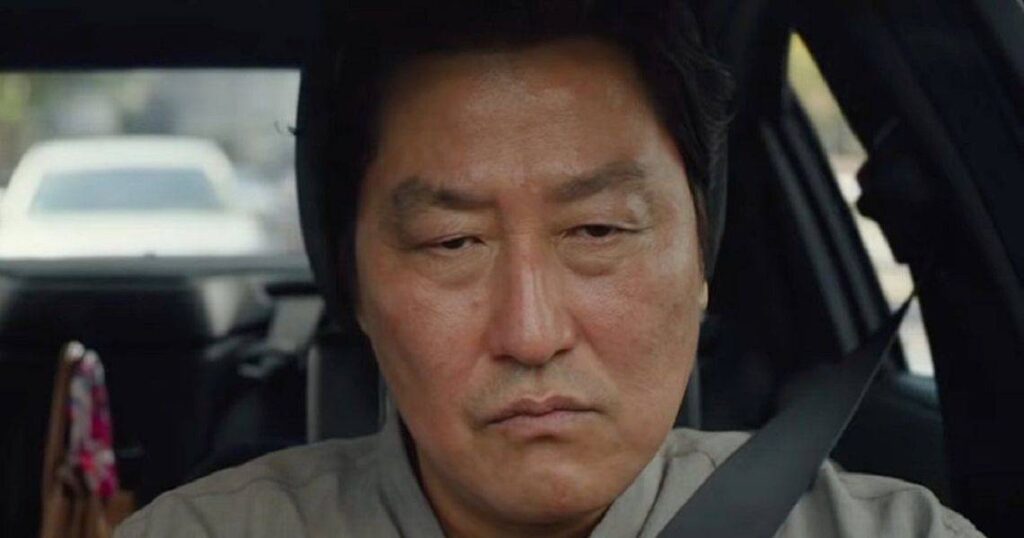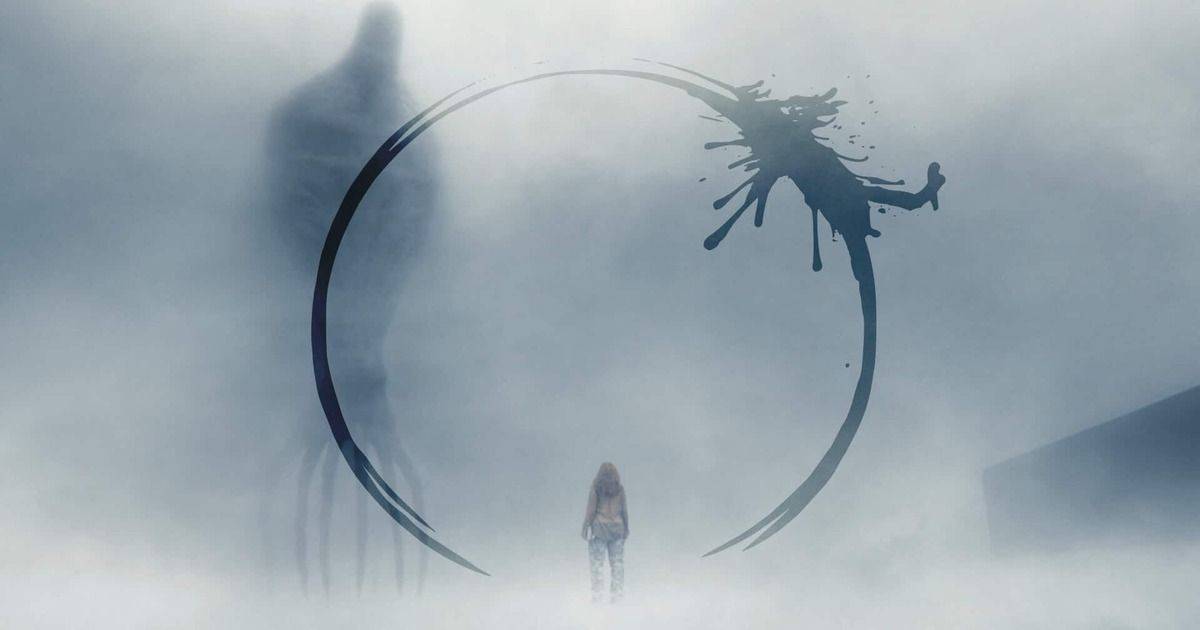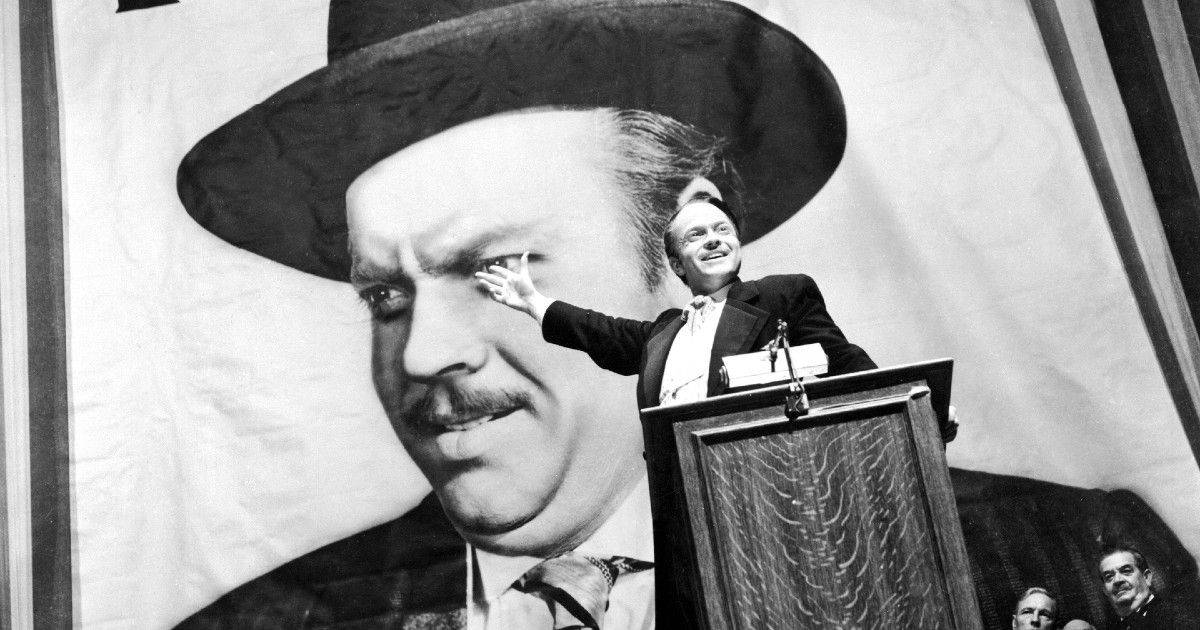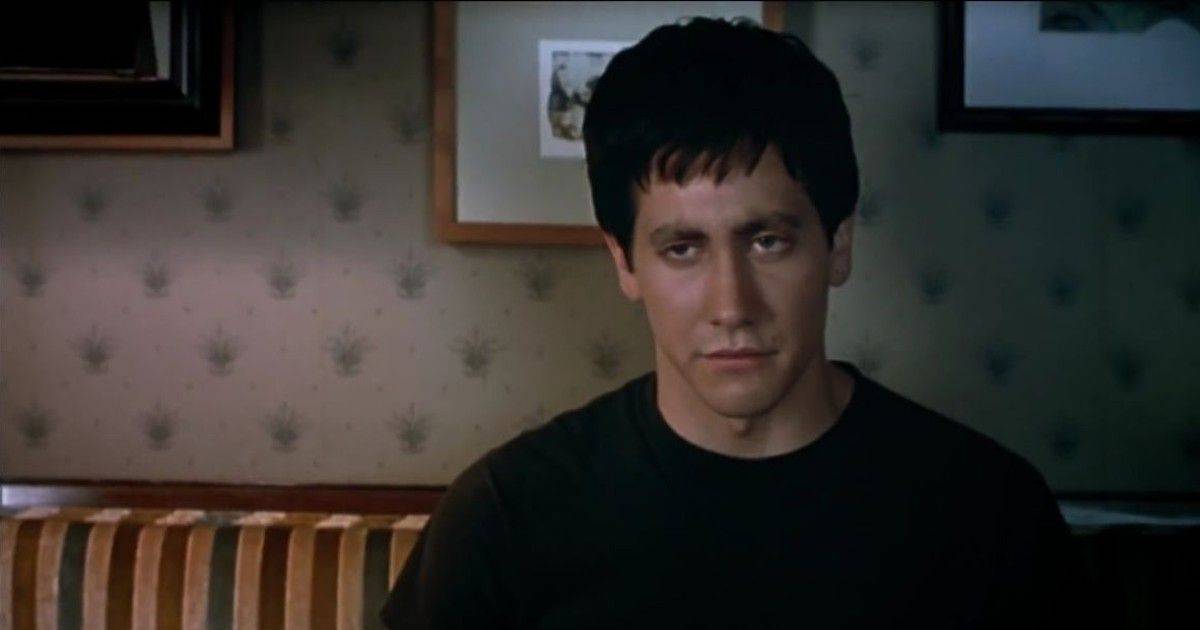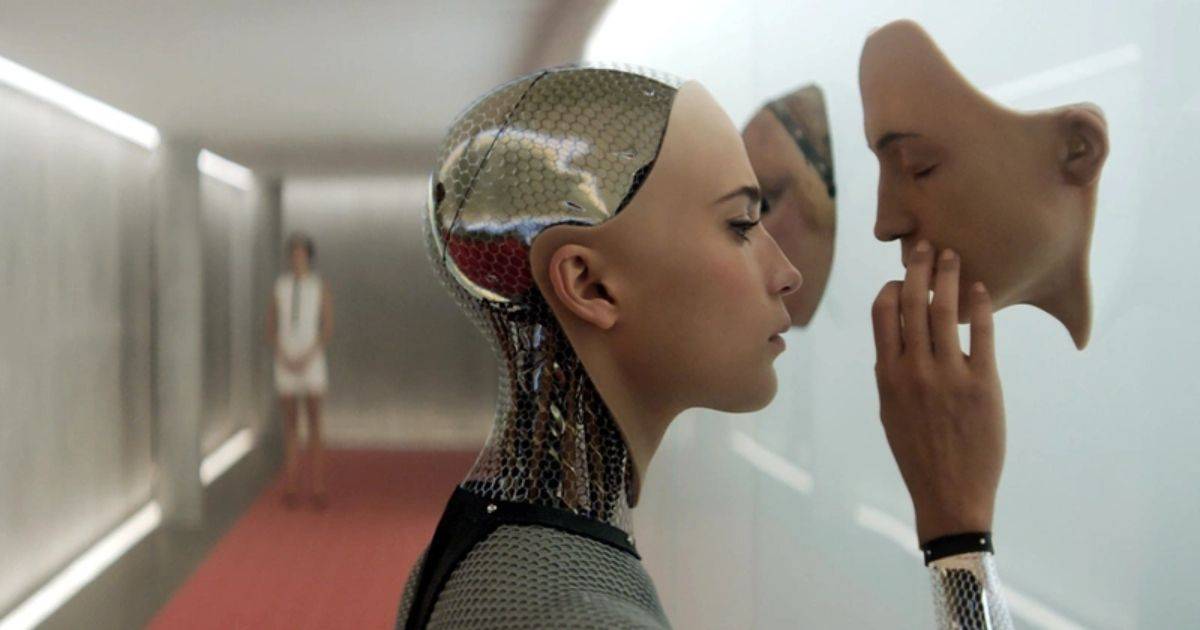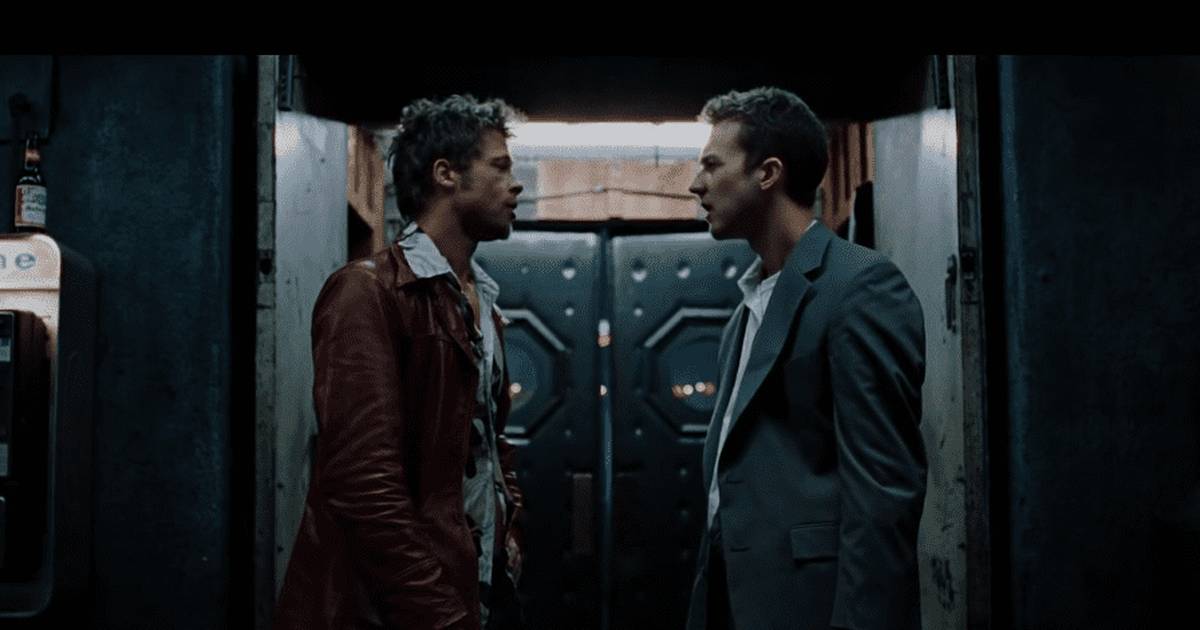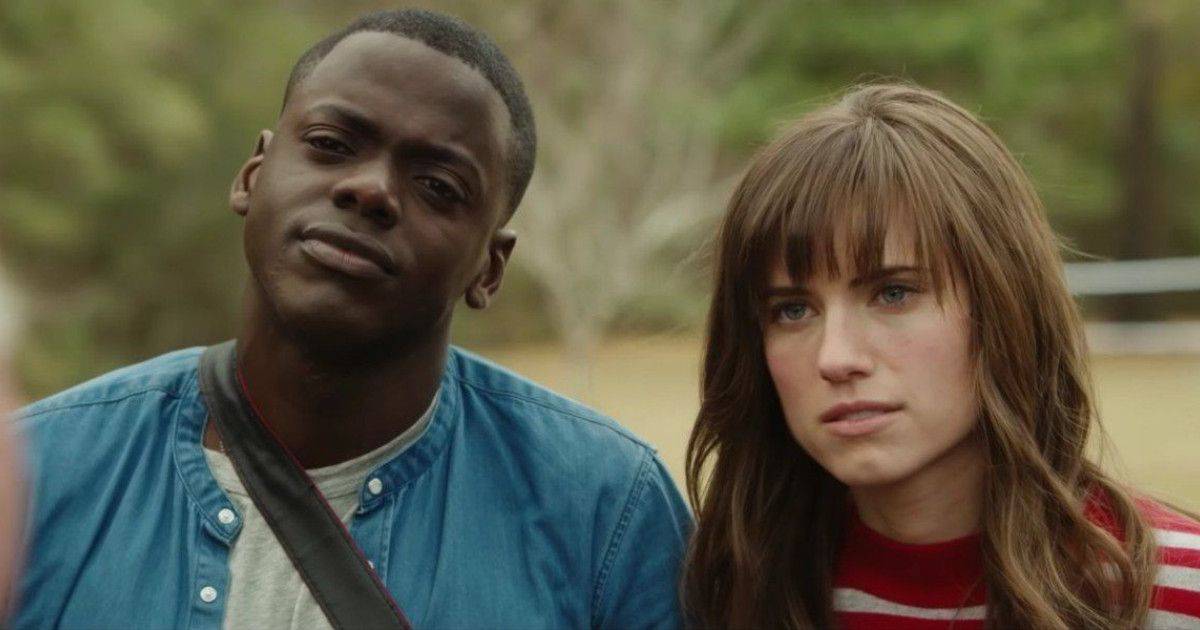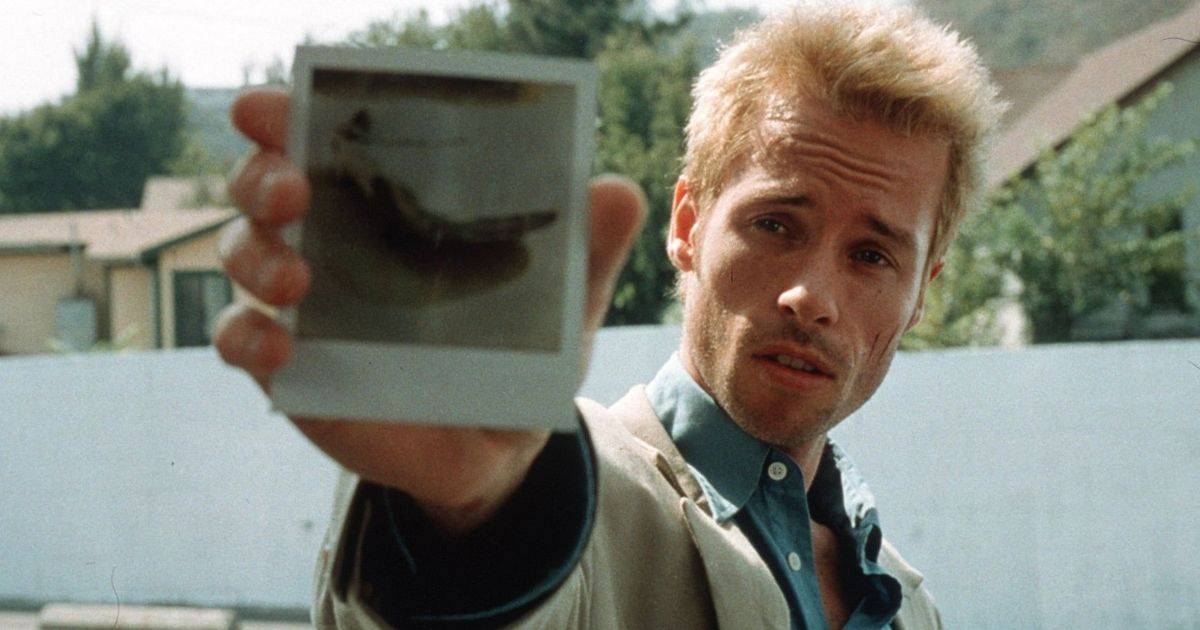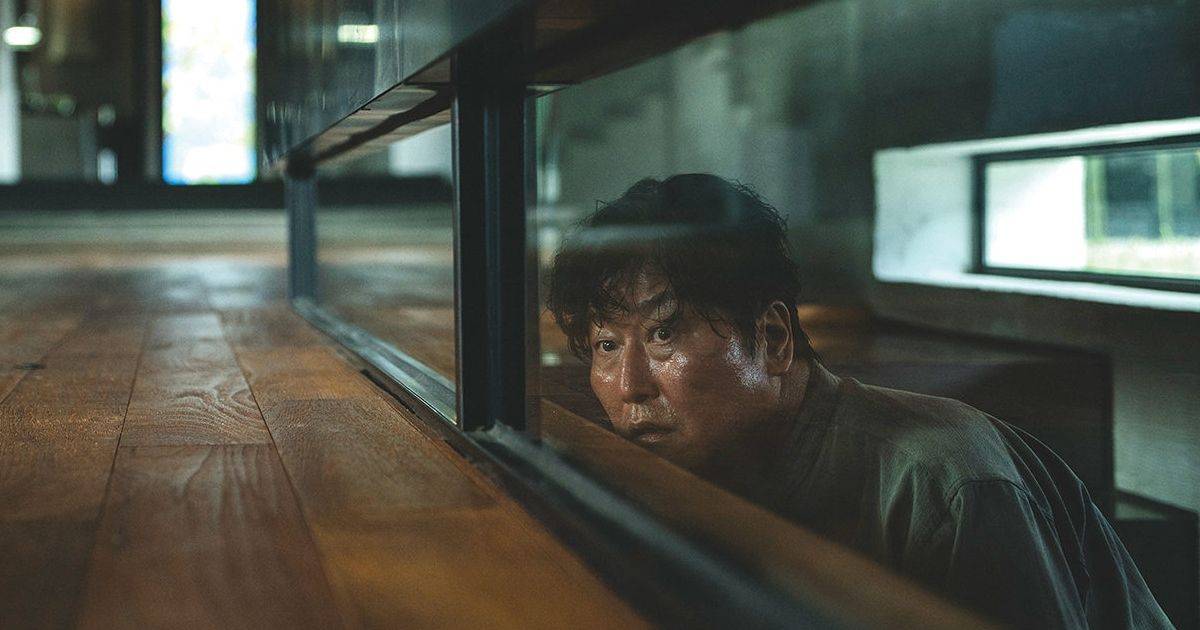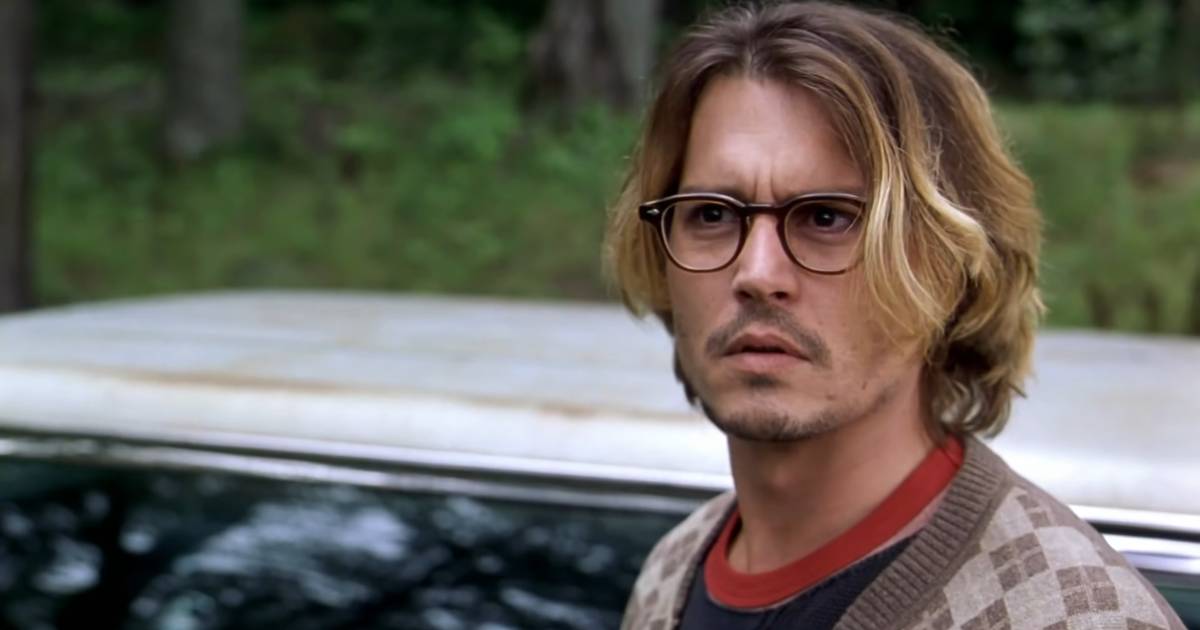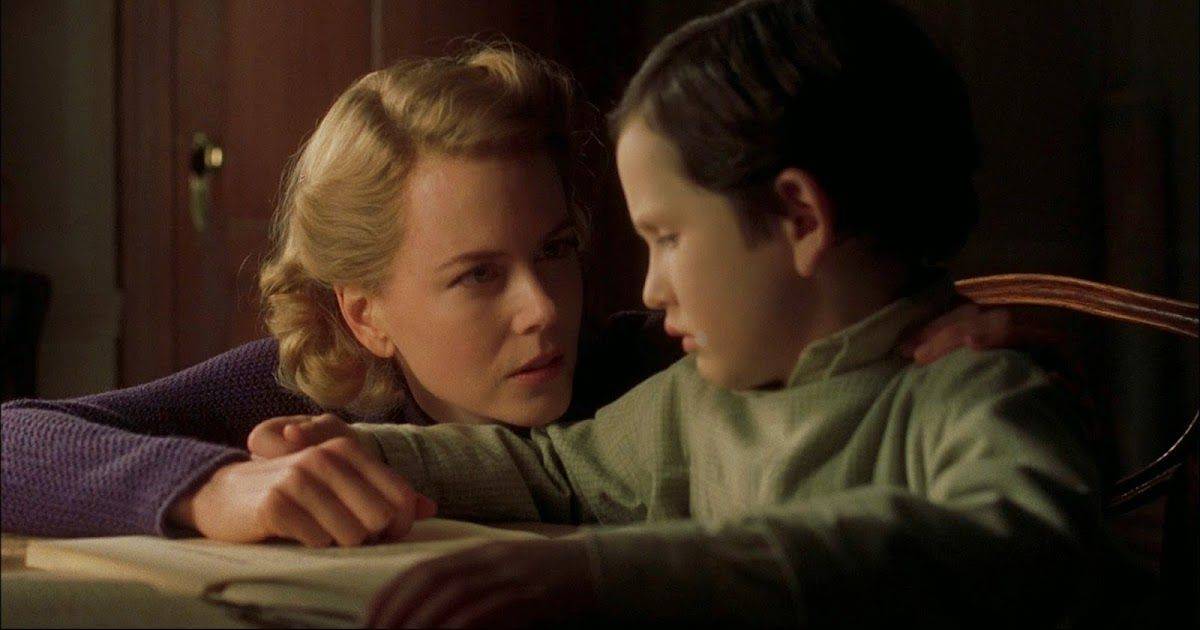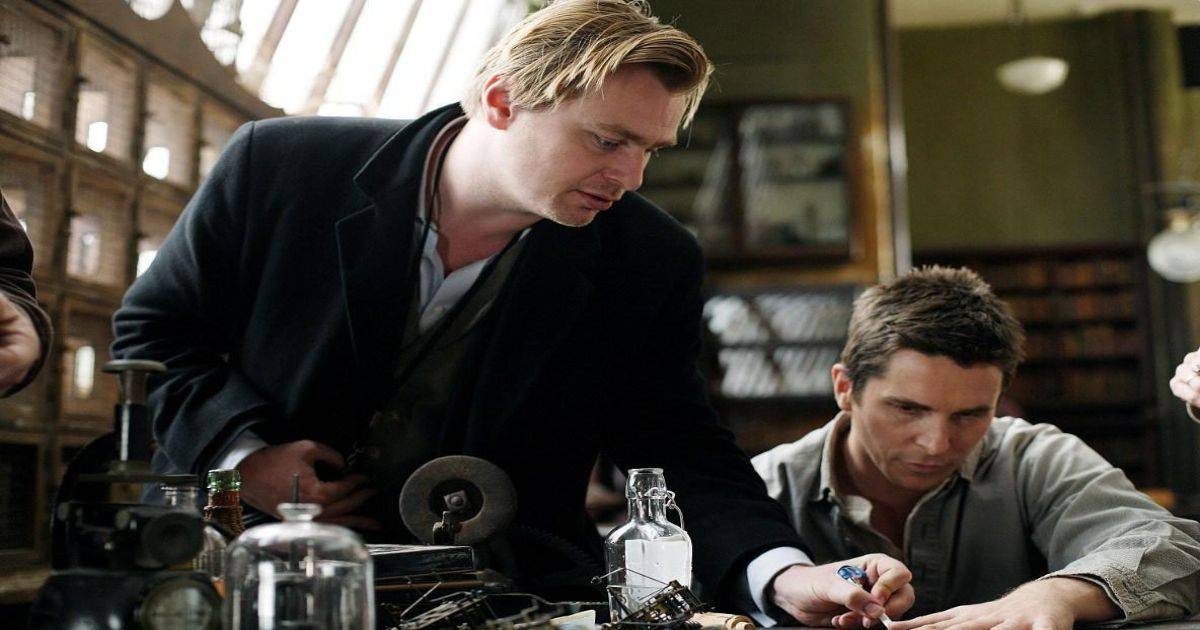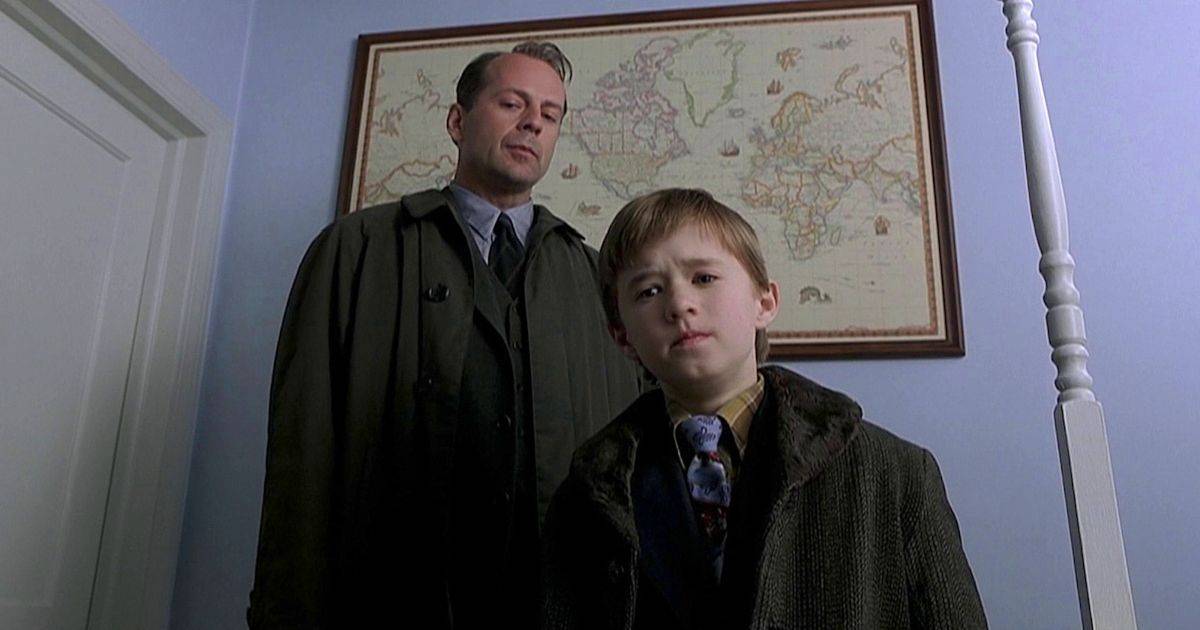Any blank, unexplained, or inconsistent space in a story is known as a plot hole. Even the most fascinating movies can be derailed by a significant plot flaw. While it is true that some stories are so adored by their audience that minor plot flaws are overlooked, this ruins the experience for other moviegoers. Because they undermine the logic of the story, pull the audience out of the action, and undermine a movie’s credibility, plot holes are regarded as signs of inadequate writing.
A fortuitous coincidence is a typical kind of plot hole. These plot holes cram in a quick fix or incident to advance the plot, but they primarily rely on happenstance or good fortune that most likely wouldn’t occur in real life. Unexplained character changes are the other important plot hole kind. These adjustments throw off our perception of a character and cause us to wonder whether the things we have observed would actually be done or said by real people.
There is no doubt that a tightly written movie with no narrative holes stands out from the crowd, but a storyline hole doesn’t always destroy a movie if it has other strengths that keep viewers engaged. The movies with the greatest plot holes tend to be the ones with the most twists since the plot has so many potential places to go wrong while trying to surprise and mislead the audience. With a plot that holds up to our inspection and is airtight, certain movies are able to surprise and captivate the audience. It’s impressive that these movies avoided revealing any narrative holes in their plots in an era where many fans have podcasts and YouTube channels where they analyse every second and detail of their favourite movies.
American Beauty
Award-winning drama American Beauty is loaded with symbolism, contemplation, and serious issues. This movie has numerous plots and characters, and it moves along somewhat slowly before coming to a surprising conclusion. Although the main character Lester’s demise is an unusual decision for the story’s resolution, it never seems unfair. When we realise it’s Colonel Fitts, the act and Lester’s stirring epilogue make perfect sense. The murder might have come across as a cheap shock, but because to the development of the characters up to this point, we are confident that this was the only possible outcome.
Arrival
This Amy Adams-starring alien movie is brimming with compassion. In this surprisingly human extraterrestrial tale, a translator struggles mightily to learn how to speak with visitors from other planets. They have a complicated message for her about the nature of time to deliver. Arrival’s finale was difficult to carry off, but when we consider what we already know about the protagonist, it makes perfect sense.
Atonement
A prime example of an unreliable narrator is Briony, the primary character in Atonement. This multi-award-winning historical drama is praised for its gorgeous score, excellent performances, and original script. The topics of the film touch on how Briony imagines the world and how she sees it. The story that we initially assumed to be true is gradually shown by the movie to be mostly Briony’s invention. Even if this might make us upset or even angry with Briony, the scenes don’t feel forced because of the excellent writing and acting. Due to the extensive work that was done to build Briony before the twist was revealed, her behaviour is neither surprising nor unnatural.
Citizen Kane
Film students from all across the world study this classic. One of the greatest movie endings ever is the conclusion. What is Rosebud? is Citizen Kane’s simple but utterly interesting central question. It is Charles Foster Kane’s final words, and the movie follows a reporter as she sets out to discover what it means. The payoff is immensely pleasant; as Kane’s character gains depth, the word Rosebud’s startling and nuanced meaning resonates well.
coco
The themes of family, memory, death, and sadness are all present in this moving animated film. It’s a beloved Disney film among fans thanks to the melodies and stunning visuals, but the story is also really good. We get a little surprise from the movie when we learn who “Coco” is truly. Many people were moved to tears by the disclosure since it is so bittersweet. Without the strong script and character development that made this movie so enjoyable, Coco wouldn’t be such a tearjerker.
Donnie Darko
Donnie Darko is a science fiction classic, and while many people find it to be perplexing, a lot of work has been done to keep its time- and dimension-jumping plot on track. We follow Donnie on a mission to help correct a “blip” in the cosmos after his demise is foretold at the opening of the movie, but he will ultimately have to give his life to achieve it. Understanding the distinction between the movie’s main universe and alternate universe timeline is a difficult task if you want to follow its plot. In addition, it’s unclear if the movie’s timeline is looped continuously. You won’t have time to look for gaps in a plot this intricate.
Eternal Sunshine of the Spotless Mind
It would have been simple for a plot flaw to ruin all the script had worked so hard to set up in a movie about erasing terrible memories. Eternal Sunshine of the Spotless Mind, a classic Jim Carrey film, is still convincing and heartwarming. It also deals with surreal issues like a business that can make people forget about an ex and whimsical switches between the past and present woes of the lead character Joel. The story’s timeline moves back and forth and there are subplots with altered memories of supporting people, yet the plot is still logical and holds your interest until the final whispered, “Meet me in Montauk.”
Ex Machina
Ex Machine keeps viewers wondering all the way through. We gradually learn that Ava is much more self-aware than her inventor had anticipated as we follow a scientist who is evaluating the AI for self-awareness. She is even able to lie. For common AI cliches to be pulled off in an unexpected way, Ava’s character had to be properly constructed. This movie would not have stood out from the competition the way it does if there had been any storyline gaps.
Fight Club
The fact that Tyler is a fictional character in Fight Club comes as a shock because he is such a compelling presence. But the movie does such a great job of dissecting the Narrator and flipping our assumptions that we completely buy it. Without the perplexity and sense of being deceived that narrative gaps often bring, the movie closes with a bang, giving spectators a moment of “what did I just watch?”
Get Out
Because they are so carefully crafted, Jordan Peele’s movie scripts are good at delving into stranger and deeper truths. Get Out’s pacing gives us just a suggestion that something is awry before gradually becoming more and more unsettling until we are left with a revelation we never could have predicted. Get Out does a good job of convincing audiences that a movie about mind-switching and lobotomies may be a terrifying experience.
Gone Girl
After spending the majority of the film wondering what precisely happened to the missing woman Amy Dunne, this thriller smash is renowned for its shocking conclusion. The identity of the villain in Gone Girl is a subject of much discussion, and the solutions are never easy. The big revelations never feel forced as Amy demonstrates that she is much more complicated and deadly than we first thought. Amy has a variety of egos and habits, which the screenplay and acting performances gradually reveal.
Knives Out
A plot hole can end a whodunit faster than anything else. In the novel Knives Out, any member of the dysfunctional and colourful Thrombey family was capable of killing the family’s patriarch and author Harlan. Knives Out rekindled interest in mystery plots by utilising time-honored techniques like red herrings while we seek out the truth. There cannot be any apparent flaws that make the conclusion of this kind of movie anti-climatic. Knives Out is fortunate in that it is executed so effectively that it provides a rewarding ah-ha moment at the conclusion.
Memento
By writing the story of the 2000 film Memento backward, Christopher Nolan flipped the conventional narrative of a movie on its head. The main character in this murder mystery suffers retrograde amnesia, which adds to the film’s surreal experience. In order to prevent his forgetfulness from erasing crucial information, he spends the entire movie getting tattoos and writing hints about the death of his wife all over his body. By purposely keeping the main enigma unsolved, Memento easily avoids plot problems while yet being baffling and irritating. Yes, that’s correct—we never learn who the murderer was. This is a conclusion that leaves the spectator to make their own judgement.
Parasite
This dark Korean movie received praise and honours for a good cause. The upstairs/downstairs trope is updated in Parasite. About a third of the way through, the movie abruptly shifts gears, revealing that former housekeepers have been residing in the basement for years while swindling the wealthy homeowners. Since the home’s environment can only support a certain number of parasites, the conclusion is full pandemonium. The movie’s storyline turns, which may have felt like an unwarranted moment of shock, were the ideal approach to clarify the film’s themes, provide answers to persistent puzzles, and startle the audience.
Planet of the Apes
In addition to the acting and special effects, Planet of the Apes is a sci-fi classic because of the writing. The narrative of an extraterrestrial planet that turned out to be our own enthralled spectators with its endearing characters and richly detailed world. This disclosure may have gone wrong in the script, but because it is so well-known, we are convinced. The picture of the Statue of Liberty emerging from the sand was permanently etched into pop culture history.
Secret Window
One of Stephen King’s famous troubled writer characters can be found in the classic novel Secret Window. The unreliable narrator is a challenging character to use, but in the capable hands of a master like Stephen King, the film does it flawlessly. The central character battles competing personalities. After witnessing Johnny Depp’s character, who we once believed to be the villain, change into the writer, we are left with a really gratifying surprise.
The Others
This historical drama also features a ghost narrative akin to The Sixth Sense. We are led to believe throughout the entire film that Nicole Kidman is a nervous mother hiding her children from the sun as she waits for her husband to come home from the war in a huge old haunted house. The family feels they are being pursued by vengeful spirits, but it turns out that they are actually being haunted by a new family that is urgently attempting to drive them away. Many of the movie’s puzzles suddenly make sense after the big reveal. Any plot holes that could have bothered the spectator throughout The Others are quickly filled by the twist at the conclusion.
The Prestige
This tale of rival magicians was destined to be unpredictable. The Prestige performs exactly what magic does, which is to mislead the audience. We learn that the story of the main character was largely made possible by the use of a body double. This plot works because we are aware that similar techniques are frequently used to perform magic in the real world.
The Sixth Sense
M. Night Shyamalan is renowned for penning horror films with shocking twists at the finale. While opinions among moviegoers on the effectiveness of each of these shocks vary, most concur that nothing compares to his initial bombshell delivered at the conclusion of The Sixth Sense. In the end, we learn that the child therapist who was helping the little kid who claimed to see and communicate with spirits was actually a ghost. This cliché is frequently used, yet no one quite manages to do it justice. If you watch The Sixth Sense again, you’ll notice that there are many hints regarding the central fact of the story, but none that calls into question the big reveal.
Us


